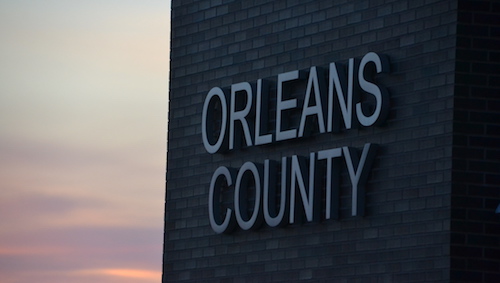Sales tax for Orleans County grew by $700K to $22.5 million in 2022

Comptroller Tom DiNapoli said it was a strong year for sales tax state-wide. All 62 counties showed an increase.
The 3.0 percent growth in Orleans is among the smallest across the state. Only six counties were less: Dutchess, 1.6 percent; Wayne, 2.4 percent; Jefferson, 2.4 percent; Chenango, 2.4 percent; Cayuga, 2.5 percent; and Chautauqua, 2.9 percent.
But Orleans is coming a big year in sales tax in 2021, when the county’s sales tax jumped by $2.4 million or 12.7 percent from $19.4 million in 2020 to $21.8 million in 2021. In 2019, the local sales tax totaled $17.7 million.
In three years, the county sales tax is up by $4.8 million or 27 percent.
The local sales tax is mostly used to fund county government. The county shares $1,366,671 with the 10 towns and four villages. They have been frozen at that level since 2001.
Among other GLOW counties, the sales tax included the following for 2022:
- Genesee, $49.7 million to $54.9 million, up 10.4 percent
- Livingston, $42.2 million to $44.8 million, up 6.2 percent
- Orleans, 21.8 million to 22.5 million, up 3.0 percent
- Wyoming, $22.7 million to $24.8 million, up 9.2 percent
Statewide the sales tax collections were up 12.7 percent or by $2.5 billion in 2022, totaling $22.1 billion in the calendar year, according to the report from the state comptroller.
New York City’s sales tax growth for 2022 was 20.6 percent, more than three times the growth in counties and cities throughout the rest of the state which was up 6.5 percent.
“The pandemic created significant sales tax volatility over the past few years, first with a major decline, then with a strong rebound,” DiNapoli said. “Sales tax growth has remained strong for a sustained stretch as consumers resumed spending relatively quickly after pandemic shutdowns ended. Additionally, the state implemented policies just prior to the pandemic that ensured more online sales were being fully taxed.”
























































